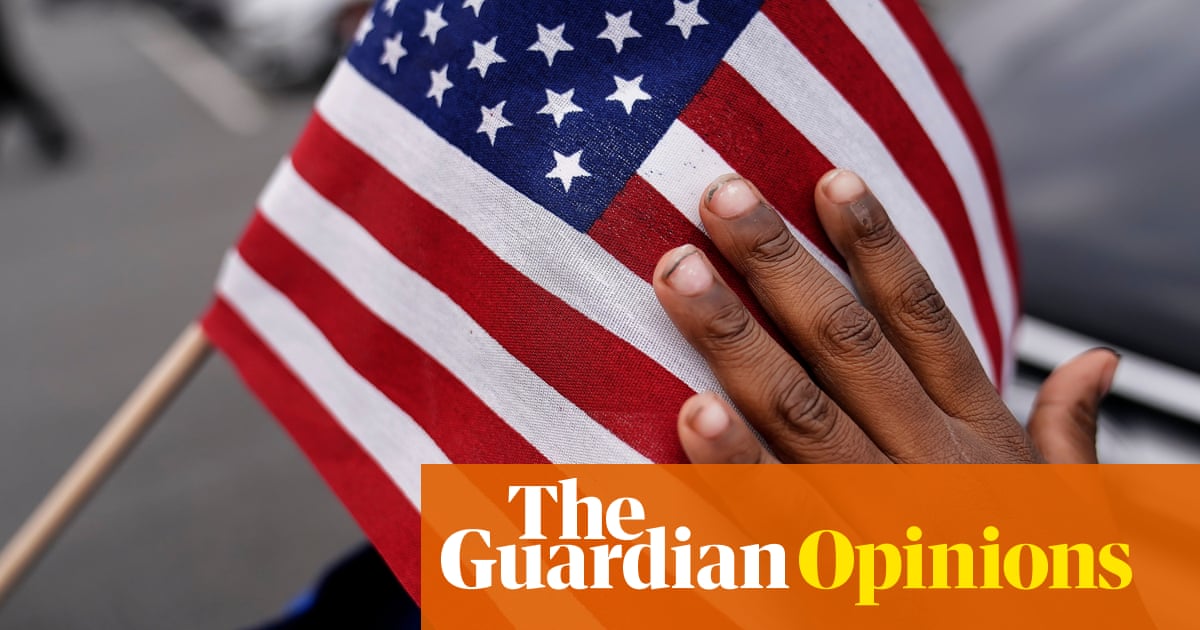Independence Day: A Reflection on America’s Evolving Role in the World
A Celebration Marked by Contradiction
Every year on July 4th, Americans gather to celebrate Independence Day, filled with flag-waving, spirited parades, and dazzling fireworks. This patriotic display is meant to commemorate the moment 249 years ago when the United States broke free from British rule. Yet, as we celebrate, a stark contradiction looms. The very political system these festivities represent appears increasingly frayed, raising questions not only about what it means to be independent but also about the future of the American political landscape.
A Global Shift: The World’s Perspective
This year, the U.S. seems to be experiencing a profound separation from the world order it helped build. For non-Americans, this can be seen as an “accidental revolution,” with the U.S. retreating from its role as a global leader. As other nations reassess their positions and strategies, there’s a growing sentiment of declaring independence—not from colonial rule, but from a once-reliable ally that is now stumbling.
The Canadian Response to American Retreat
For countries like Canada, which share a deep bond with the United States, this shift is particularly unsettling. Canadians have long considered Americans as friends, neighbors, and in some cases, family. However, with the U.S. seemingly prioritizing policies that could weaken its northern neighbor, a sense of urgency has emerged. The newly elected government, led by Mark Carney, embodies a determined stance: a polite but firm message to the U.S. to “go away.” Yet, with that assertion comes the daunting challenge of learning to thrive independently.
Legislative Changes and New Alliances
Carney’s administration has already taken significant action, signing legislation aimed at lowering internal trade barriers, creating new trading partnerships, and strengthening ties with the European Union. But these initial steps only scratch the surface. Canada is now confronted with the urgent need to fortify its national security and identity in a world where its most significant partner is faltering. This necessitates conversations about becoming more self-reliant, possibly even exploring options such as developing its military capabilities.
Psychological Impact of Decline
The decline of American influence also brings about a psychological shift, affecting how nations view themselves in relation to a once-aspirational America. While many have critiqued U.S. exceptionalism, the country’s position as a champion of freedom was a guiding light for many. Now, as America grapples with internal strife, there’s a palpable confusion: if the rules and ideals that once made America great have led to this disarray, what is the value of those ideals?
Warnings from History
America’s founders recognized the vulnerabilities within their system. Leaders like George Washington and Abraham Lincoln warned against the dangers of partisanship and self-destruction. Their insights resonate even more today, as the nation grapples with the consequences of factionalism and societal division, culminating in what many perceive as a political suicide—far more chaotic than anyone had anticipated.
Irony in America’s Demise
A striking irony unfolds: as elements of the “Make America Great Again” movement gain traction, they simultaneously undermine the strengths that once defined the nation. American power was founded on reliable trade routes, robust alliances, and groundbreaking institutions in science and technology. Yet, the systematic erosion of these fundamental strengths creates a fragile state, more vulnerable than any external threat could render.
A New Independence for Global Partners
In the wake of American detachment, countries like Canada and Mexico are beginning to rethink their relationships and strategies. The realization dawns that traditional alliances may not hold the same weight anymore, leading to a necessary recalibration of diplomatic and economic strategies. Recent disruptions in travel patterns and trade signify a growing sentiment among nations to explore alternatives outside of U.S. influence.
Seeking Solutions Beyond America
As the world faces numerous pressing challenges—politically, economically, and socially—it becomes increasingly clear that solutions cannot solely hinge on American contributions. Countries around the globe must begin to look within themselves and to one another for answers. This shift marks a critical moment of independence for many nations, signaling that reliance on superpowers may no longer be a viable path forward.
The Lessons of the Past
The once mighty lessons imparted by America about nationhood and resilience are now serving as sobering reminders for the world. As nations forge their own paths and embrace independence in this evolving global landscape, it’s essential to recognize a fundamental truth: no nation is indispensable. History continues to unfold, and the world watches closely as nations strive to define their identities in a post-American reality.


